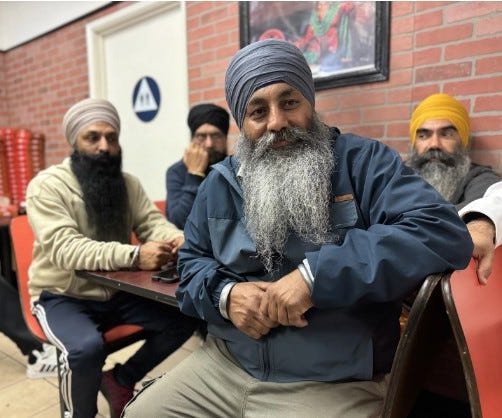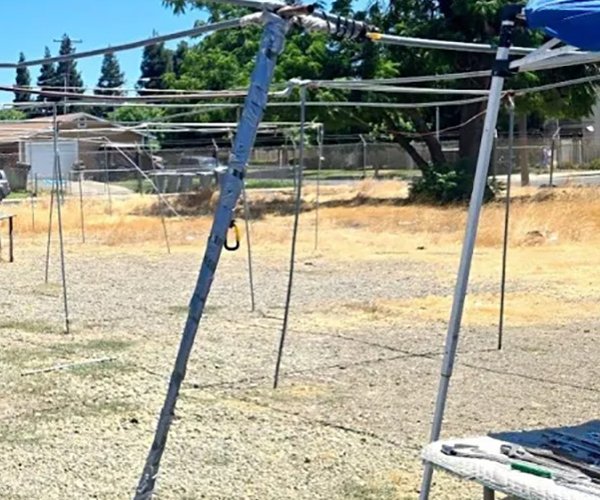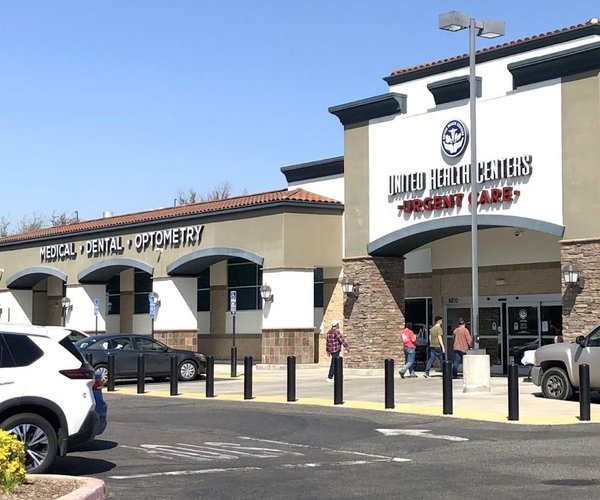As times change, more and more people are turning to the internet to receive information regardless of the topic, whether it’s to watch funny videos or receive political updates. Congressman Jeff Denham recently took advantage of this by hosting a Facebook Live discussion alongside Department of Transportation Secretary Anthony Foxx last week, giving viewers a unique way to discuss transportation issues affecting the 10th congressional district.
Denham has made the district’s transportation and its infrastructure a top priority during his time in office, serving on the House Committee on Transportation and Infrastructure and also as Chair of the Subcommittee on Railroads, Pipelines and Hazardous Materials.
In the six-minute question and answer video, Denham and Foxx accepted two questions – one from Ripon City Councilman Mike Restuccia, and another from Stanislaus County Supervisor Vito Chiesa.
Restuccia wanted to know the pair’s thoughts on long-term, stable funding for public transit, citing the ailing Highway Trust Fund, which receives money from a federal fuel tax in order to support federal transportation funding. Spending from the fund has outspent diminishing gas tax receipts, resulting in legislators like Restuccia calling for a more reliable source of funds.
“Congress put a bit of a floor under the Highway Trust Fund when they passed the FAST Act last year,” said Foxx, referring to the Fixing America’s Surface Transportation Act – a five-year legislation passed in October 2015 meant to improve the nation’s surface transportation infrastructure.
“It makes a modest increase in the amount of money that’s going into the system over that same period of time,” he said.
The FAST Act also put into place investments Foxx believes to be critical to not only the country, but to the 10th district, such as continuing discretionary programs important to smaller communities and the funding of a freight program.
Even though the FAST Act will provide $302 billion over the course of its five-year life, Foxx acknowledged that there is still a massive infrastructure deficit in the country.
“We still have roads, bridges, transit systems and other forms of transportation that still need significantly more investment,” he said. “We have to fundamentally make a decision as a country as to whether we want to be a single mode country or a multimodal country.”
Foxx suggested ways to both produce more funds to pay for the area’s surface systems as well as ways to ensure that funds raised are being used effectively, such as a tax for vehicles based on miles driven and a system flexible enough to provide funds for different projects depending on what specific areas are in need of.
“It’s one thing to raise the money; it’s another thing to have the money going where the demand is,” said Foxx. “I think for rural, suburban and urban environments, the needs are different…and our system needs to be flexible enough to meet those demands.”
“I’m looking forward to next year, working with both parties and with both houses and the new administration to make sure we’re looking at a full combination of different types of funding,” added Denham. “We need to be looking long term at a trust fund that is multigenerational.”
The FAST Act also created a pilot program for California which allows reciprocity between the National Environmental Policy Act and the California Environmental Quality Act, permitting the state to apply to conduct environmental reviews and make approvals for projects under state environmental laws and regulations.
Chiesa expressed concern that without this pilot program, the process can be very costly and time consuming for smaller, local governments, and wanted to know how Foxx and Denham are ensuring the program is implemented quickly.
Foxx explained several ways that the Department of Transportation is accelerating programs like the pilot program Chiesa spoke of, such as the Build America Bureau, which streamlines credit opportunities and grants to drive transportation infrastructure development projects in the United States, and the Every Day Counts program, which speeds up the delivery of highway projects and addresses challenges presented by limited budgets.
In terms of the pilot program which Chiesa asked about, Foxx informed the audience that it recently completed the rule-making process and is now in the later stages of review.
“I hope that we’re able to get that out in the next several weeks as an NPRM and hopefully the pilot gets started up after that,” said Foxx.
Though only two questions were answered in the video, Denham hopes to host more Facebook Live discussions in the future, he said.









